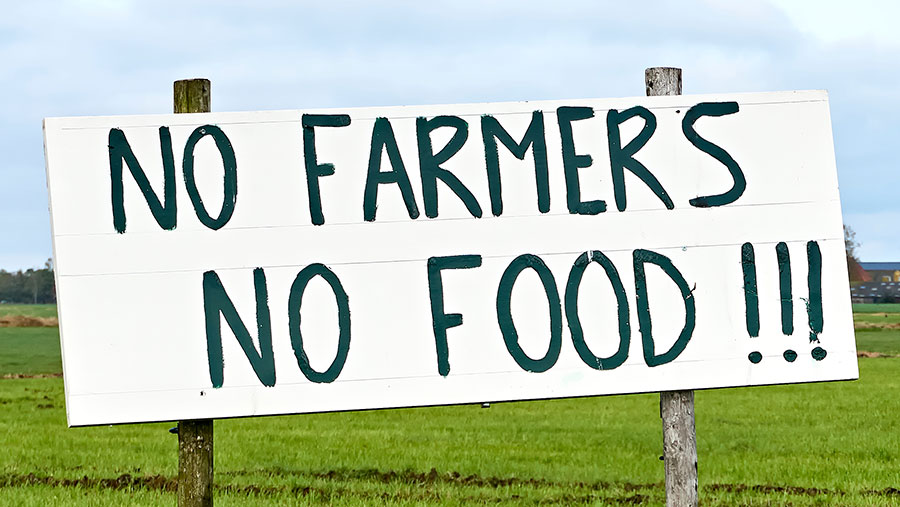Opinion: Farmers need a new mindset and sense of purpose
 © AdobeStock
© AdobeStock Of all the problems that beset farming, the idea that farmers are heroes is one of the worst. The film poster for the new US movie documentary Common Ground even portrays Gabe Brown wearing a cape.
Farmers had purpose when we were feeding the world, but time has been called on this mission and we are approaching the depths of an existential crisis. This reminds me of the brilliant kids animation The Incredibles.
As a result of botched rescues and inevitable lawsuits, the superheroes are relegated to everyday Joes, selling insurance and raising a family, depressed and desperately wanting to get their purpose back.
See also: Opinion – welcome to the new politics of land
Farming has got very good at feeding people cheaply, with prolific choice and excellent quality. However, just like the unwanted hero antics of The Incredibles, we’re inflicting injury on people and the planet in the process.
The world, in its own peculiar way, is telling us to stop; that it needs food, but not at any cost.
The “No Farmers No Food” omni-whinge is an understandable consequence of this. It gives a sense of purpose to the lost and confused. It’s better to do something, even if it’s unclear who or what caused all this fuss.
And this highlights the two core problems with the farmer-as-hero mentality.
The first is that it fuels an insatiable need for gratitude.
In the spin-dryer of complaints and demands that the public “thank a farmer” and become better-educated, we forget how lucky we really are. As in life, we’d be happier if we let go of the notion that everything must be fair.
The tragedy is our politicians keep playing us at our victim game, mollifying the rowdy masses with warm words, recycled cash and a pat on the head.
The second is it vindicates the villains, the farmer drama-kings stoking the fire of online hate while blaming everyone else for their plight.
Anyone who tries to counter their tub-thumping with facts, such as that retailers don’t control commodity prices or that Red Tractor wasn’t set up as a promotional vehicle for farming, can expect vitriol and abuse in return.
There’s no point arguing with them. They only believe that they are the hero of the struggle.
All the drama is doing more damage than good, and a better solution is needed. Does Gabe Brown’s alternative hero image help?
Even bigger than feeding the planet, now we are told that we are the ones who can save it. Through net-zero, nature-positive farming, we’re led to believe that this generation of farmers holds the keys to a liveable future.
As Mr Incredible learned, a new hero goal won’t be any better without a change of attitude. Rather than blaming everyone else, it’s up to individual farmers to choose a different mindset.
At the end of The Incredibles, there are two outcomes. The world needs their hero skills again, but more importantly they have come together as a family and as themselves.
For farming, it’s loud and clear that the world needs us to deliver like never before, but the bigger challenge is taking collective responsibility for ourselves in doing so.
This renewed sense of purpose is the real magic I can see behind the regenerative agriculture movement, and the start of achieving something much greater for everyone.

